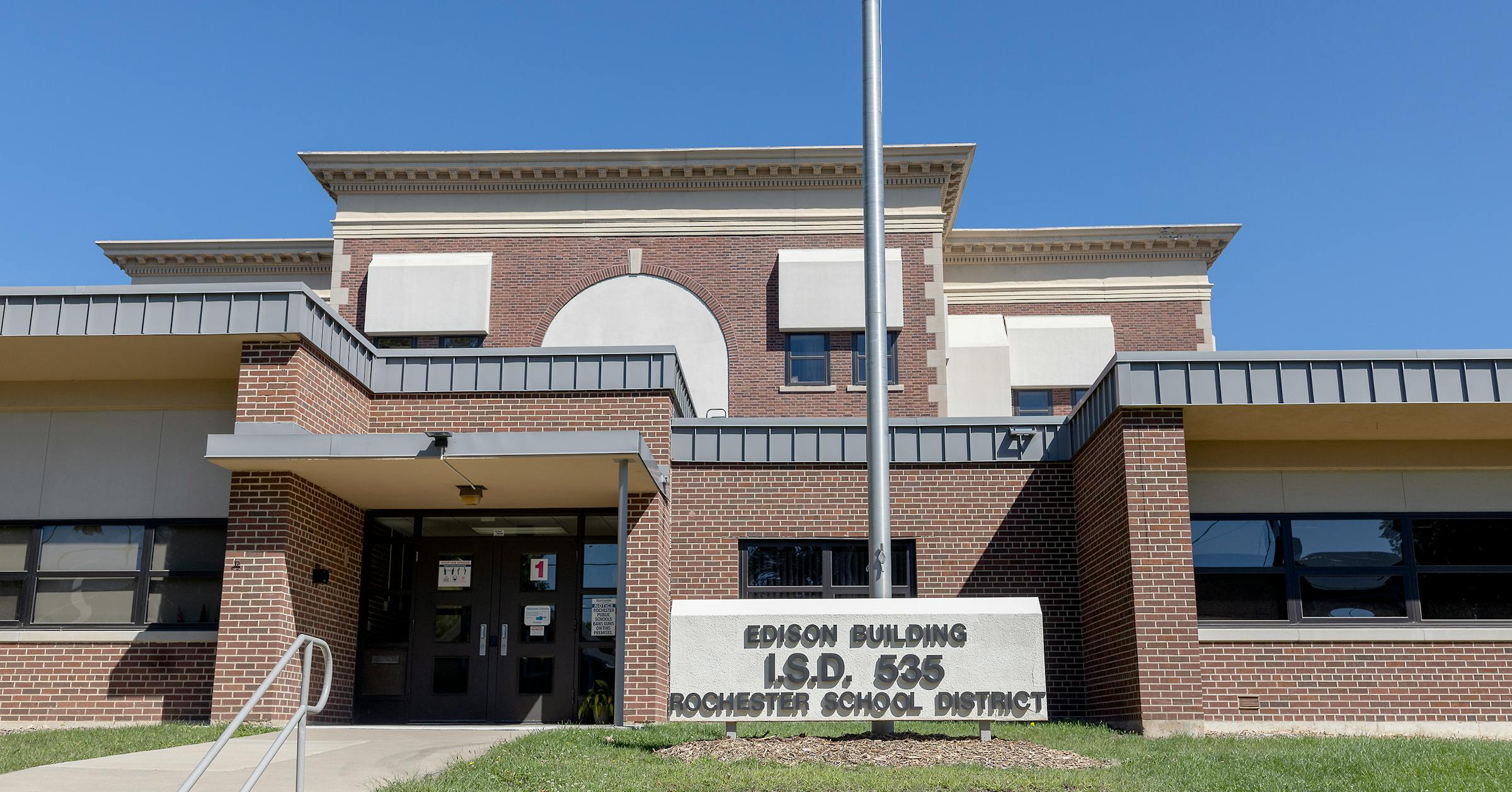
The U.S. Department of Education has rejected Rochester Public Schools’ appeal to reinstate a $1.9 million grant to train social workers, despite the district’s pledge not to consider race when selecting candidates.
In a letter dated Sept. 12, the department repeated its position that the district’s program had run afoul of federal civil-rights law — and, more generally, issues of fairness — by prioritizing underrepresented groups in its selection process.
Lindsey Burke, the department’s deputy chief of staff for policy and programs, said the district had also not done enough to refute any of the findings laid out in the initial termination letter in April.
Specifically, Burke, who before joining the Trump administration authored the Heritage Foundation’s “Project 2025″ section on education, pointed to language in the initial grant application that preference for selection would be given to “individuals from diverse backgrounds.”
“Upon review of your submitted reconsideration materials … I have determined that your grant provides funding for programs that reflect the prior Administration’s priorities and policy preferences and conflicts with those of the current Administration,” Burke wrote.
Rochester Public Schools was first notified in April that the department had terminated the grant, the funding of which had been used to train and license district staff in counseling and other forms of mental health services.
At the time, Rochester Superintendent Kent Pekel described the loss of funding as a “big step backward” that would affect the district’s ability to meet the mental health needs of students.
Pekel said that while six staff members had already graduated through the program, another 10 who enrolled would no longer be able to complete their work without the federal funding.
“The premature termination of this grant is an inefficient use of valuable federal funds,” Pekel wrote in the appeal, noting that “significant federal funding” had already been spent on those already enrolled.
In a concession to the Trump administration — and its ongoing crackdown of programs related to diversity, equity and inclusion — the district had agreed in the appeal letter to no longer factor in race, gender or sexual orientation in its selection process.
The district had also made the argument that while the grant was initially aimed at increasing the number of mental health professionals from underrepresented backgrounds, it did not exclude others from participating. About two-thirds of those participating had been people of color, while the other third were white.
Launched in 2023, the program had aimed to fund up to 30 scholarships over five years for staff to participate in Winona State University’s social work program. The federal funding also covered substitute pay for staff as they completed internships for their degrees.
“This program represents exactly the type of innovative, merit-based approach needed to address the critical mental health needs of our students,” Pekel said. “The termination of this grant sends a troubling message about the federal government’s commitment to student mental health.”



